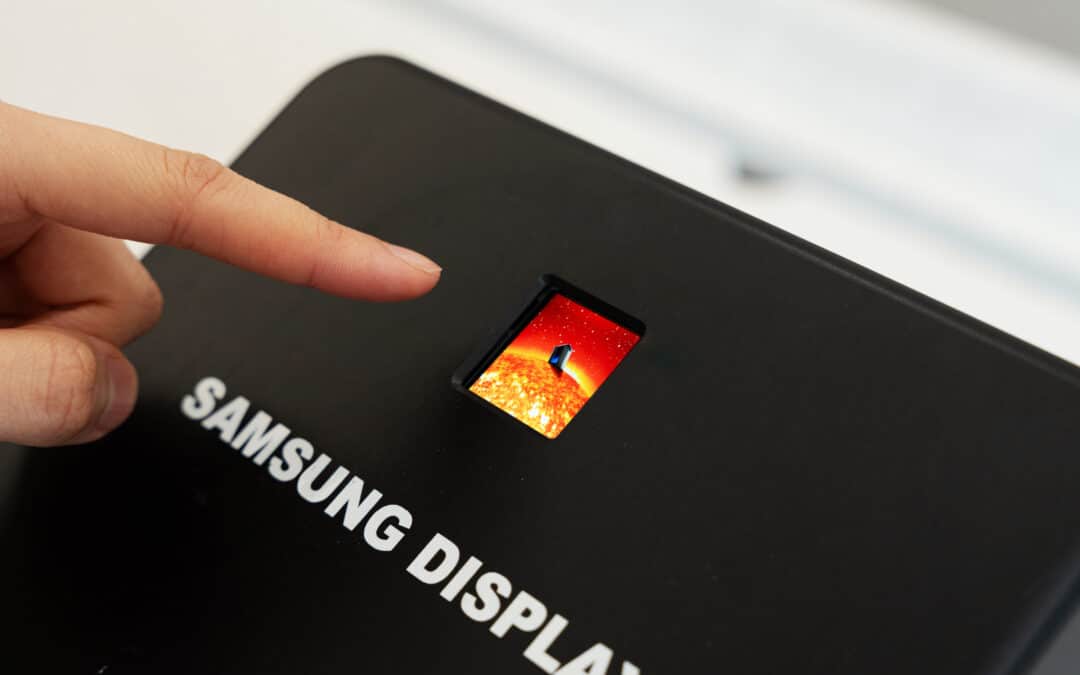Samsung’s supply chain heavily relies on importing components and finished products to the US. The newly announced tariffs from the US government are making it explore different routes, so it could mitigate their impact. One of those is relocating some of its production sites.
Samsung plans production shift amid uncertainty over US tariffs
During the company’s recent Q1 earnings call (via Newsis), Samsung addressed the impact of the US tariff policy, saying that it will respond quickly to necessary matters. The company said that it will make maximum use of its global production bases and customer management capabilities. This aligns with the earlier report that suggested Samsung will move part of its smartphone and electronics production from Vietnam to India.
Samsung’s MX (Mobile eXperience) division expects tariffs to increase costs for key components, such as semiconductors. To maintain similar profit margins, the company is planning to boost the sales of its flagship smartphones as well as introduce new premium products. We already know this is happening with the Galaxy S25 Edge, which is a new premium offering in the company’s Galaxy S lineup.
Samsung is also expanding the premium lines of its Visual Display (VD) and Digital Appliances (DA) businesses. If necessary, Samsung will shift some production to other global manufacturing sites, which will reduce the impact of tariffs from the US.
Samsung’s DS Division plans to closely monitor the situation
The DS division will actively track the semiconductor tariff policies. At the moment, smartphones and other consumer electronics are exempt from the rules, but there’s a lot of uncertainty about semiconductors. The division will evaluate some strategies based on how the US government moves forward.
“Due to recent uncertainties such as rapid changes in tariff policies and geopolitical conflicts among major countries, it is not easy to accurately predict the impact on our business and establish countermeasures,” a Samsung official said, according to Newsis.
In the US, reciprocal tariffs have temporarily been delayed for 90 days, except for the universal 10% tariff. As of now, Samsung plans to relocate production sites and take advantage of its widespread manufacturing hub, which will reduce the impact of reciprocal tariffs.






